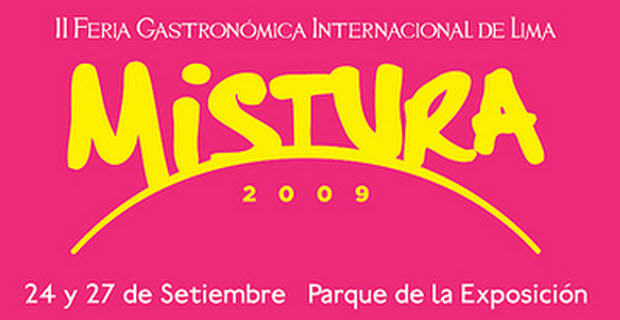
Maca is climbing the charts as a nutritional supplement
Maca is climbing the charts as a nutritional supplement and super food. It’s been called everything from “nature’s Viagra” to Peruvian ginseng, and when taken in powdered form it’s been shown to increase libido, reduce the risk of prostate cancer and improve sperm count for men, and alleviate period pain and increase fertility for women. It does so without directly raising hormone levels
Maca (lepidium peruvianum) is a root vegetable grown in the Andes at very high altitudes, between 4,100 and 4,500 meters above sea level. It’s not related to ginseng and more closely resembles a radish or turnip.

Such stories have helped modern marketers no end. Maca is now a prominent ingredient in Peruvian breakfast cereals, as a powder and as an additive in a range of products. The roots can be mashed and cooked to produce a liquid or jelly, but they are more commonly ground into maca flour, to be used in baking. You can try it in toffees, cakes, drinks and a range of deserts. In the mountains the fresh roots are added to salads and boiled in stews. Processed maca is sweet with a slightly bitter aftertaste.
 Peru wins World’s Best Culinary Destination prize at World Travel Awards
Peru wins World’s Best Culinary Destination prize at World Travel Awards  Peruvian Guinea Pig on a Stick: Delicious Cuy al Palo
Peruvian Guinea Pig on a Stick: Delicious Cuy al Palo  Peru Wins: South America’s Top Culinary & Cultural Destination
Peru Wins: South America’s Top Culinary & Cultural Destination  Recap of Gelinaz! Pulpo Fiction
Recap of Gelinaz! Pulpo Fiction  Where to find the best anticuchos in Lima
Where to find the best anticuchos in Lima  13th Annual National Pisco Sour Day!
13th Annual National Pisco Sour Day!  Arroz Chaufa Recipe: How to Make Chinese-Peruvian Fried Rice
Arroz Chaufa Recipe: How to Make Chinese-Peruvian Fried Rice  Mistura 2009 – Peruvian cuisine at its finest
Mistura 2009 – Peruvian cuisine at its finest